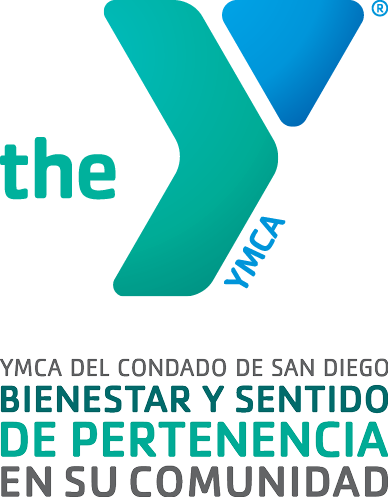November is National Runaway Prevention Month and California Runaway and Homeless Youth Prevention Month, an annual awareness and prevention campaign for runaway and homeless youth issues. The YMCA of San Diego County has more than 48 years’ experience serving this population, and this year, we’re sharing a series of blog posts that explore the issue in depth.
For most families, November ushers in a time of gratitude and holidays spent with family. But November is also a time to remember individuals who lack those very hallmarks of the season.
Each year, the YMCA of San Diego County joins others in recognizing November as National Runaway Prevention Month by shining a light on the experiences of runaway and homeless youth and the role we all play in ending youth homelessness. The initiative unites service providers across the country in revealing the individual and societal challenges of youth experiencing homelessness and has particular relevance for San Diego, which ranks 7th in prevalence of youth homelessness among other large cities.
Acknowledging homeless youth as a subpopulation among other homeless individuals is significant because, compared to a homeless adult, youth lack the independent living skills and work experience to successfully end their homeless experience. On top of that, youth are also undergoing a secondary phase of brain development that requires specialized approaches to help them successfully transition to adulthood. In other words, serving homeless youth the same way we treat adults is like trying to bake a cake in the freezer - the conditions will never produce the intended result in that environment.
But, the right environment that takes youth experience and developmental milestones into account can keep youth off the street. This prevents them from becoming chronically homeless adults that will continue to put pressure on our community resources.
Compared to a homeless adult, youth experiencing homelessness are at a tipping point where safe shelter and access to services when they need it can be the difference between sliding into a life of chronic homelessness or becoming a productive member of the community. Our expertise combines housing, a history of youth development, and supportive services to reach that solution. Each year, the YMCA provides emergency or transitional housing and supportive services to more than 600 youth facing housing instability, and on average, 85% of program participants go on to secure stable housing and become productive members of society.
Check back next week to learn more about how we work with our community to support youth facing housing instability in San Diego or contact Luisa Montes, [email protected], for more information.


